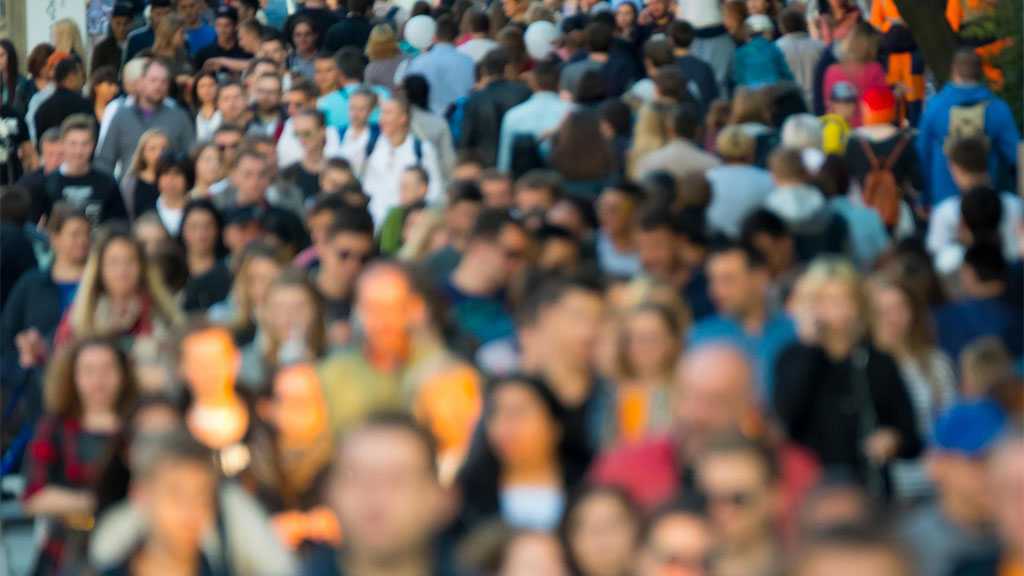
Humanity Hits the Eight Billion Mark

By Staff, Agencies
A baby born somewhere on Tuesday will be the world's 8 billionth person, according to a projection by the United Nations.
"The milestone is an occasion to celebrate diversity and advancements while considering humanity's shared responsibility for the planet," UN Secretary-General Antonio Guterres said in a statement.
The UN attributes the growth to human development, with people living longer thanks to improvements in public health, nutrition, personal hygiene and medicine.
It is also the result of higher fertility rates, particularly in the world's poorest countries - most of which are in sub-Saharan Africa - putting their development goals at risk.
Population growth has also magnified the environmental impacts of economic development.
But while some worry that 8 billion humans are too many for planet Earth, most experts say the bigger problem is the overconsumption of resources by the wealthiest people.
"Some express concerns that our world is overpopulated," said United Nations Population Fund chief Natalia Kanem. "I am here to say clearly that the sheer number of human lives is not a cause for fear."
Joel Cohen of Rockefeller University's Laboratory of Populations told AFP the question of how many people Earth can support has two sides: natural limits and human choices.
Our choices result in humans consuming far more biological resources, such as forests and land, than the planet can regenerate each year.
The overconsumption of fossil fuels, for example, leads to more carbon dioxide emissions, responsible for global warming.
"We are stupid. We lacked foresight. We are greedy. We don't use the information we have. That's where the choices and the problems lie," said Cohen.
Comments
- Related News



